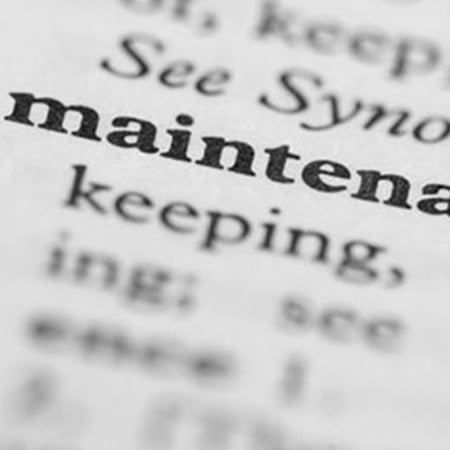

One of the reasons so many people distrust the legal profession is that simple concepts are often cloaked under archaic terms, which attorneys and judges trade freely but that usually leave other people completely baffled. A good example is “maintenance and cure,” which is owed to some employees in offshore work environments. If you’re confused about your rights to “maintenance and cure,” or what that means if you’ve already been hurt, the good news is that it’s really simpler than it may seem. Here’s what you need to know.
What Are “Maintenance” and “Cure” Under Maritime Law?
Under maritime law, most people working on vessels, drilling rigs, or even tugboats and other “brownwater” workplaces qualify for two types of benefits if they get sick or get injured at work:
- “Maintenance.” Maintenance payments are an income supplement. These payments give you money to help pay your normal living expenses while you are unable to work. Frankly, it’s not especially generous, but it’s better than no income at all. In order to collect maintenance, you have to prove that you incurred day-to-day expenses which were not otherwise covered while recuperating from your injuries.
- “Cure.” Cure payments cover the legitimate medical expenses related to your accident or illness. This not only means payment for immediate emergency care right after the accident, but also any necessary surgery and follow-up therapy.
If you are injured or become ill while you’re working on a vessel or a drilling rig, you automatically qualify for maintenance and cure benefits. If employer negligence played a part in the accident, you qualify for basic maintenance and cure benefits even if you also are eligible for additional financial compensation under the Jones Act. Your employer is required by law to make these payments to eligible seamen. Learn 5 Things injured seamen may not know about Jones Act maintenance and cure.
How Long Do Workers Receive Maintenance and Cure?
You should receive maintenance and cure payments until you’ve reached “maximum medical improvement,” also called “MMI.” This means that employers must continue paying both maintenance and cure until you have recovered as fully as you can with medical treatment. If further treatment isn’t likely to make you feel better, then the law will not force the employer to continue to pay for it.
Keep in mind that it is up to your doctors to decide when your condition has improved to the point that further medical care is no longer necessary. Even if your boss can find a physician who is willing to testify that you cannot benefit from more medical care, that doesn’t guarantee your benefits will end. You can speak up about the truth of your condition and pursue your right to financial compensation with the help of an attorney who understands and has won these kinds of cases for seamen.
How Is the Amount of Maintenance and Cure Payments Determined?
The amount that an injured seaman is paid for maintenance and cure varies quite a bit. “Cure” is basically your medical bills, so that amount will depend on the kinds of treatment you received and the actual cost of that treatment. “Maintenance” can vary depending on your living expenses while you are unable to work, but most companies try to pay as little as possible—sometimes less than $30 per day. In both cases, the total amount is added up from many, many different expenses related to your injury, from surgical bills to travel costs to pharmacy needs.
If you aren’t sure how much you should be receiving for maintenance and cure, talk with an attorney who has experience with injury cases for Jones Act seamen. He or she will be able to go over all the specific information in your case and explain what kinds of payments your employer owes you.
What to Do When Maintenance and Cure Are Denied or an Employer Stops Paying Benefits
Employees who qualify for maintenance and cure often get into disputes with their employers on the issue of payments. If you believe your company is short-changing you on maintenance and cure, contact us to start investigating your rights. We help a lot of injured seaman on the issue of maintenance and cure. Sometimes we get it resolved without the need for a lawsuit. Other times a lawsuit is necessary. It all depends on the circumstances of your particular situation.
Your employer must pay these benefits, even though the company may argue that they are expensive. Saving the company’s “bottom line” should never mean breaking the law and denying injured people like you the money you desperately need while you are hurt. If your employer is threatening to cut off your maintenance and cure benefits, or if your employer has refused to pay your costs, reach out to VB Attorneys at 877-724-7800 for help.

-2.png)